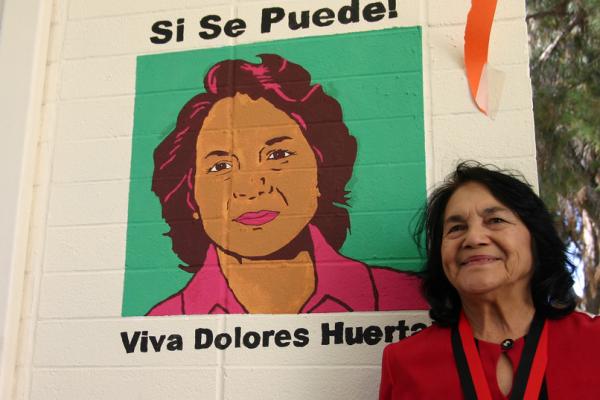Mar 22, 2017
In 1993, Huerta became the first Latina inducted into the National Women’s Hall of Fame. And in January, a documentary about her work, aptly titled Dolores, premiered at Sundance.
Read the Full Article

Already a subscriber? Login
